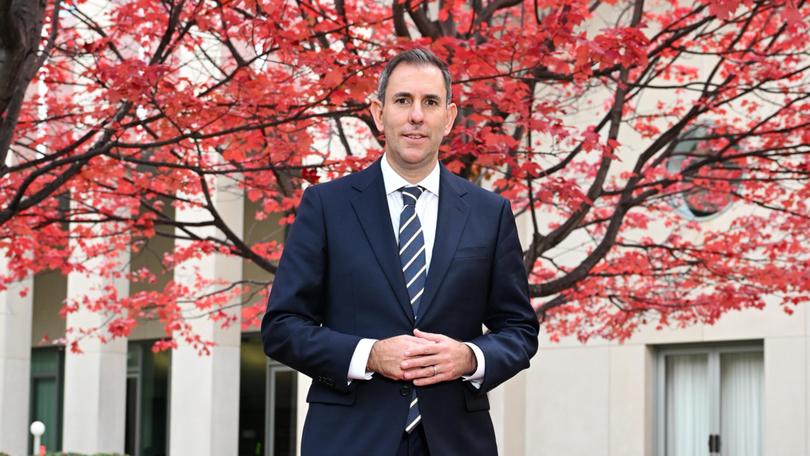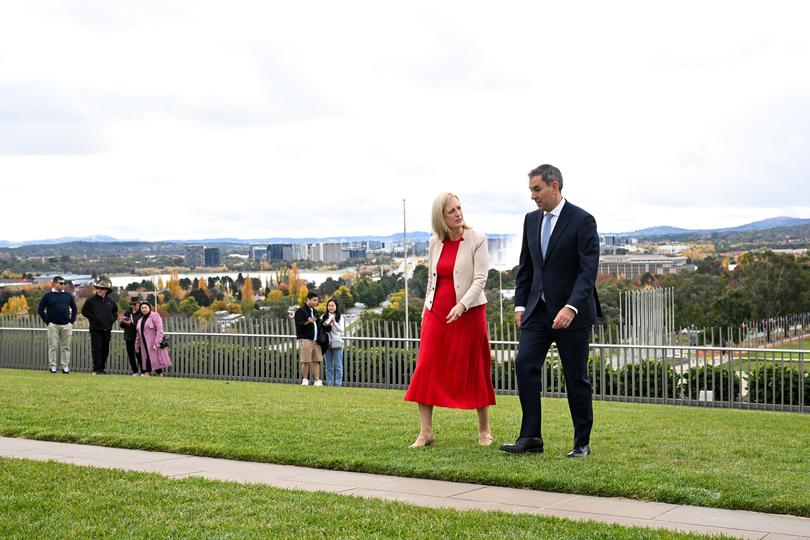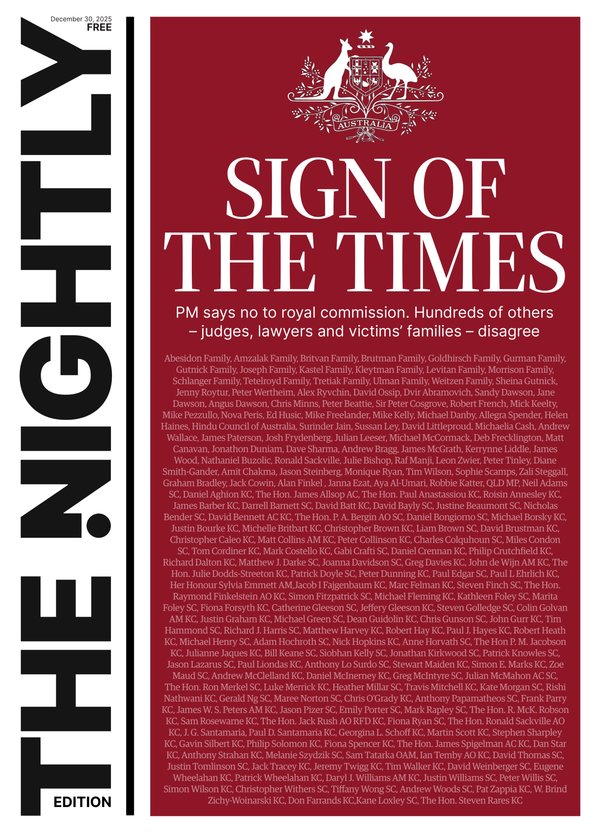Federal Budget 2024: Jim Chalmers faces balancing act with helping Australians and investors

Jim Chalmers wants his budget to help Australians doing it tough while creating conditions for investors to offer a hand to Australia.
The Treasurer says it’s all about striking balance.
And he’s hoping the economists who have been quick to criticise the Future Made in Australia policy will change their tune once they see its full scope.
Sign up to The Nightly's newsletters.
Get the first look at the digital newspaper, curated daily stories and breaking headlines delivered to your inbox.
By continuing you agree to our Terms and Privacy Policy.The aim is to unlock mountains of private capital to get new industries off the ground in critical minerals and other areas vital to the global clean energy transition.
It has drawn the ire of some, including Productivity Commission chair Danielle Wood and her predecessors, who have warned against governments picking winners or indefinitely propping up ailing industries.
“I thought it was unusual that people were reacting as if the full suite of policies had been released,” Dr Chalmers told The Nightly in a pre-Budget interview.
Nevertheless, he’s confident they will see a “hard-headed” package on Tuesday.
“The world is changing and the pace of that change is accelerating. And we risk being left behind without updating our growth model,” he said.
“When you’re talking about something as foundational and as fundamental as this, you’re not looking for unanimity, you’re looking for a broad consensus around the direction.
“And I think that there is an understanding — certainly in the investor community, the business community, the unions and others — that if we don’t make the most of this opportunity, Australia will be poorer and more vulnerable.”
Fresh figures about record levels of business investment have added to his confidence the policy will work especially because, unlike the 2000s mining boom, this is largely driven by non-mining sectors.
The Future Made package will entail a wide range of targeted incentives, including tax breaks, grants, underwriting and non-financial levers such as speeding up approvals, streamlining foreign investment rules and making sure the infrastructure is in place to enable businesses to move or establish.
Dr Chalmers says the Government recognises there is no single, economy-wide incentive that will work for every kind of opportunity.
“A future made in Australia is, at its core, about incentivising that private investment and I think that’s a point that’s been lost,” he said.
“People will also see that the public investments are an important part of it but a sliver of what we need.”
The second balancing act in the Budget is to help people still struggling with the cost of living while not adding to sticky inflationary pressures.
This week, Reserve Bank of Australia governor Michele Bullock warned that far from a cut later this year as some had hoped, central bankers were now eyeing the possibility of another rate rise.
She and the Treaurer “compare notes pretty often” and Dr Chalmers was confident each understood where the other was coming from.
“We want to be part of the solution to this inflation challenge not part of the problem. I have given her those assurances privately and publicly,” he said.

The $107 billion revamped tax cuts, now going to every taxpayer, will form the bulk of the cost-of-living supports but the Government is promising there will be more than that.
But Dr Chalmers conceded it was constrained in how much it could act on persistent inflation in the services sector — costs such as insurance, education and health.
He pointed to the cheaper childcare package, which lowered fees for parents in July and had a measurable impact on inflation, but said other elements of the services category were harder to address.
“We’re very focused on, very attentive to the way the inflation challenge is changing,” he said.
It’s not just the nature of inflation that is changing; the economy is slowing, meaning the Budget must be non-inflationary in the near term but stimulating in the longer term.
“This is why I say we won’t be slashing and burning in the Budget while the economy is soft and people are hurting,” Dr Chalmers said.
“That is about this defining principle of the Budget which is balance — balancing the here and now with the future but also balancing our desire to help people with the cost of living and make sure that we’re not making the problem worse.
“And I’m really confident we strike that balance.”

